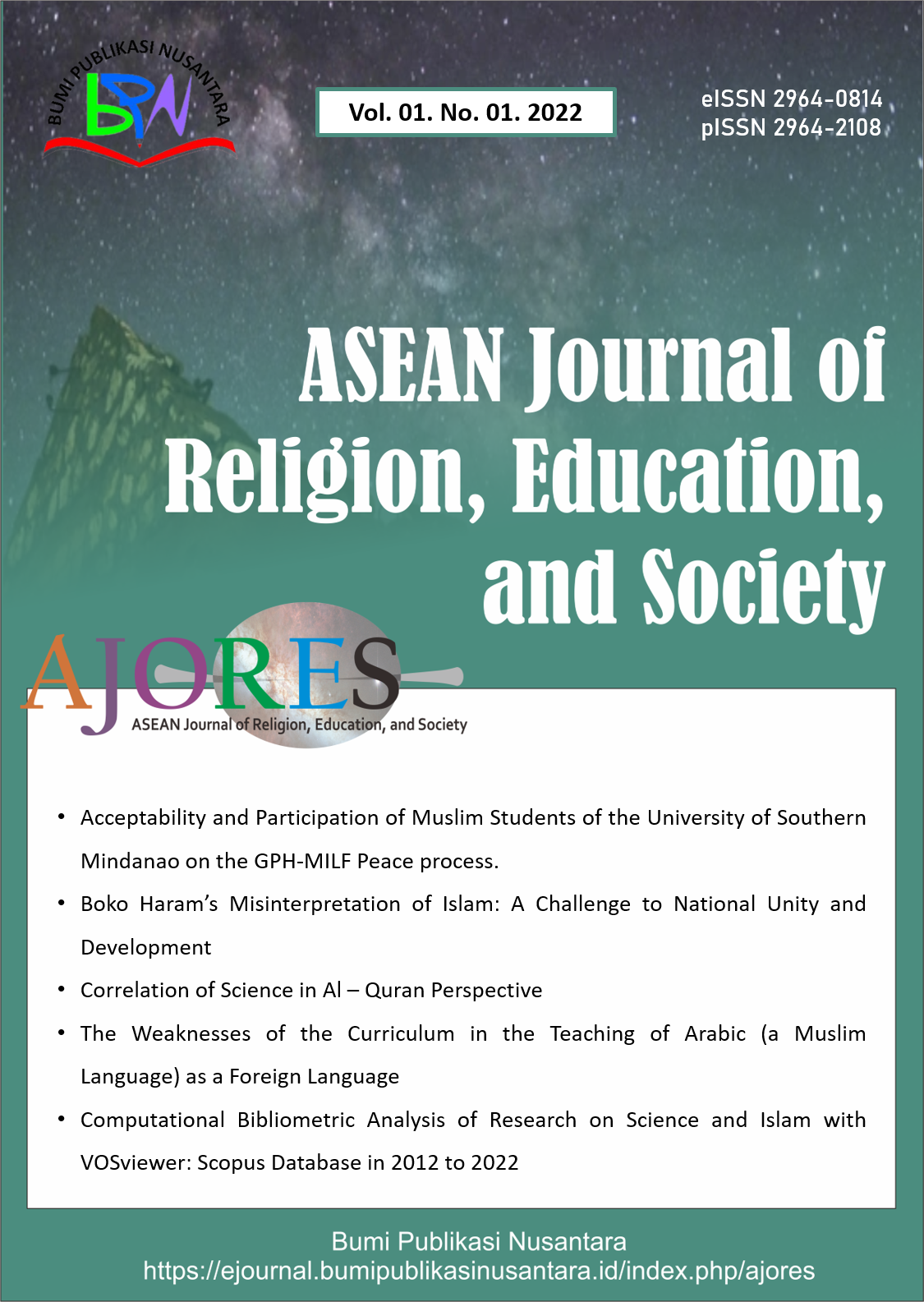Factors that AID the Proliferation of Monarchies
 ), Abiodun A. Adesegun(2),
), Abiodun A. Adesegun(2),
(1) Babcock University
(2) Babcock University
 Corresponding Author
Corresponding Author
Abstract
Keywords
References
Awe, B. (1964). The ajele system: A study of ibadan imperialism in the nineteenth century. Journal of the Historical Society of Nigeria, 3(1), 47-60.
Clarke, K. M. (2002). Governmentality, modernity and the historical politics of Ọ̀yọ́-Hegemony in Yorùbá transnational revivalism. Anthropologica, 2002, 271-293.
Denzer, L. (1994). Yoruba women: A historiographical study. The International journal of African historical studies, 27(1), 1-39.
Lloyd, P. C. (1960). Sacred kingship and government among the Yoruba. Africa, 30(3), 221-237.
Ojo, O. (2011). Ethnic identity and nineteenth-century yoruba warfare. Tubman Seminar, York University, Toronto, 22, 3-4.
Oladosu, J. (2005). Designing viable republican constitutions for modern African states: Why the institution of traditional kingship must be abolished. African Journal of International Affairs, 8(1-2), 45-63.
Ritchie, D. G. (1891). Contributions to the history of the social contract theory. Political Science Quarterly, 6(4), 656-676.
Article Metrics
Abstract View : 1575 times
: 1575 times Download : 1226 times
Download : 1226 times
Refbacks
- There are currently no refbacks.
Copyright (c) 2023 Bumi Publikasi Nusantara

This work is licensed under a Creative Commons Attribution-ShareAlike 4.0 International License.







